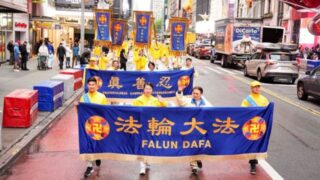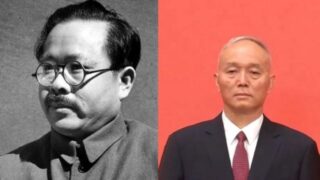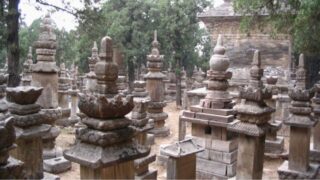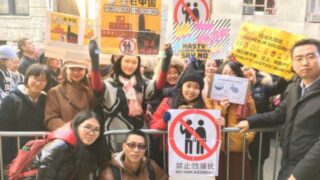Macau seemed quiet. But now the CCP has decided that it is at risk of “foreign infiltrations,” and needs a security law as tough as in Hong Kong.
by Gladys Kwok


The “three S”—sedition, secession, and subversion—will be punished in Hong Kong style in Macau. An amended National Security Law was passed by the Legislative Assembly of Macau, in second reading, on May 18, with only one legislator daring to raise objections.
The CCP explained that the existing Macau’s National Security Law of 2009 was regarded as “soft” and inadequate against unspecified “new adverse challenges in terms of national security, risks, and threats,” as a press release said.
CCP-controlled media cited espionage, “foreign interference,” and attempts by “forces favorable to Taiwan’s independence” to infiltrate Macau as the reasons why a new and tougher law was needed.
A new Macau regulation against espionage and the protection of state secrets is being prepared and may be next.
Local business leaders, including some in the all-important gambling industry, have expressed concerns that the new security law would have an adverse effect on tourism and the presence of foreign companies. The latter have experienced in China how easy it is to see their employees accused of espionage.
Churches are also afraid that, as it is now happening in Hong Kong, they will be asked to “Sinicize” themselves and preach the glories of Xi Jinping and the Communist Party.
It is unclear whether all of a sudden the CCP has decided that the much quieter Macau may be just as dangerous as Hong Kong, and needs a crackdown on any form of potential dissent.
Macau’s legislative reform is further evidence that the Party is looking nationwide for any possible space of freedom and dissent, and such spaces are mercilessly eliminated one by one.









